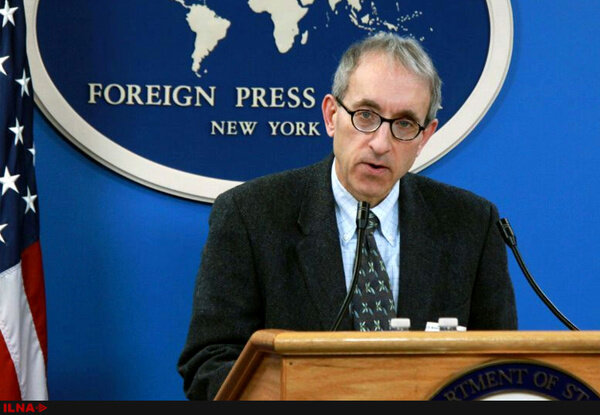NATO has long made Russia uneasy, Columbia University professor says
“The Europeans will follow Washington’s lead in dealing with Russia”

TEHRAN - Robert Y. Shapiro, the former chair of the Department of Political Science at Columbia University, says that NATO has long made Russia uneasy by expanding its presence in Russia’s sphere of influence that has caused tensions.
“Russia has shown similar concerns but NATO has long made Russia uneasy and the expansion has caused much greater tensions as did the end of the Soviet Union and its satellite supporters,” Shapiro tells the Tehran Times.
“Unlike the Cuban crisis, NATO expansion did involve nuclear weapons in the hands of the new NATO members closer to Russia's border,” he adds.
With Russian troops massing along Ukraine’s borders, it appears that Moscow and Washington will have a new escalation over Ukraine.
In December, Russia published a proposal for two agreements with the United States and NATO that would roll back Western military activity in Ukraine and elsewhere in Eastern Europe, in essence re-establishing a sphere of Russian influence in what used to be parts of the Soviet Union.
“Afghanistan and sale of nuclear submarines to Australia have raised tensions between the Europeans and the U.S.”On one hand, U.S. officials say many of the proposals are nonstarters for the Western politicians, who insist that Cold War-style regions of influence are a relic of the past and that countries should be able to choose their own alliances.
On the other hand, Russian intelligence is seriously concerned that the U.S. will clandestinely deploy strike weapons, including hypersonic missiles, to the region and in particular to Ukraine under the cover of so-called “anti-missile systems”.
The following is the text of the interview:
Q: Do you predict any military clash between the U.S. and Russia over Ukraine or will it be restricted to sanctions and media hype?
A: There will be no military clash with the U.S. The U.S. has said it will respond with severe sanctions. The clash to watch for is how much firepower the Russians and Ukrainians will each use, which could turn into a bloody fight.
Q: Are there any differences between the U.S. and the Europeans over Ukraine?
A: On the main point of using force against the Russians, the Europeans will follow Washington’s lead. But they have provided Ukraine arms and might possibly provide more of that support than the U.S. would.
Q: How has been the impact of the Biden presidency on collaboration between NATO members?
A: It is much better than the disastrous relations that Trump had. It returned closer to normal, but Afghanistan and the issue of the sale of nuclear submarines to Australia have raised tensions.
Q: What will be fallouts of any possible confrontation between NATO and Russia? Do you predict other anti-Western powers like China to be engaged in such a clash?
A: This could affect how China deals further with Taiwan, but China won't be involved in the clash in Europe.
Q: In comparison with the Cuban Missile Crisis, also known as the October Crisis of 1962, how do you read Russia's concerns and sensitivity about NATO expansion?
A: Russia has shown similar concerns but NATO has long made Russia uneasy and the expansion has caused much greater tensions as did the end of the Soviet Union and its satellite supporters -- especially greater sources of conflict for Putin. Unlike the Cuban crisis, NATO expansion did involve nuclear weapons in the hands of the new NATO members closer to Russia's border.
Leave a Comment